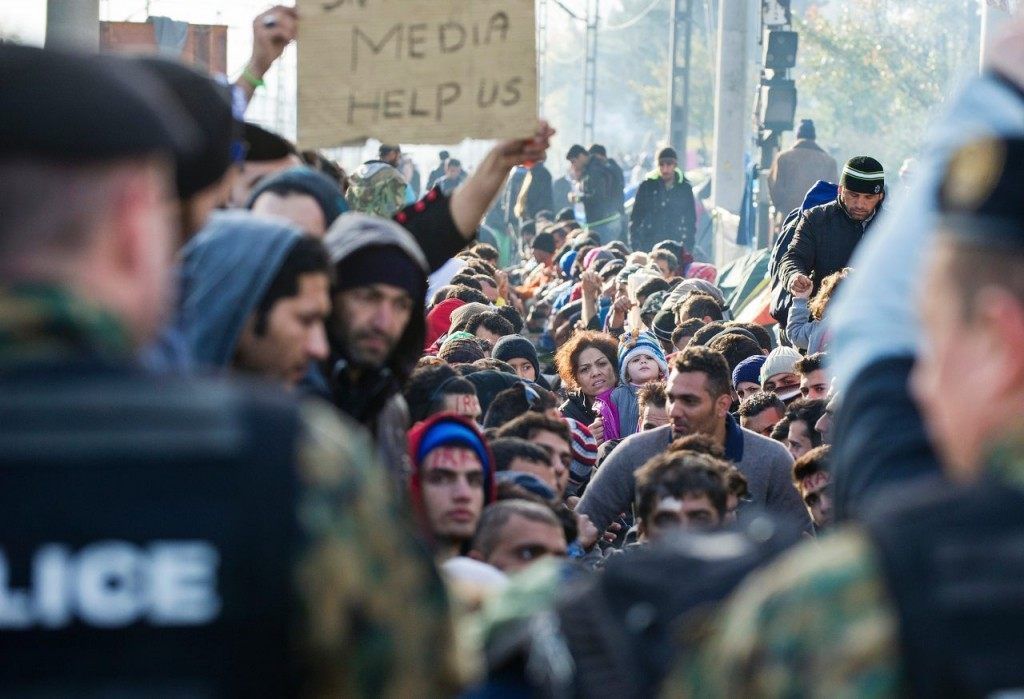Recent events in Pakistan have unfolded with intense drama, even by the country’s standards. The arrest of Imran Khan, the leader of the Pakistan Tehreek-e-Insaf (PTI) party, in Islamabad and his subsequent release with blanket immunity from arrest have ignited a wave of uncertainty. Khan’s bold accusations, claiming that a serving major-general in the Inter-Services Intelligence (ISI) was behind an attempt on his life and was still plotting against him, have further escalated tensions. The situation has led to questions about the potential for civil war and a deepening divide between Khan’s supporters and the military establishment.
Wednesday witnessed widespread mayhem as PTI supporters, including members of the Tiger Force cadres, vandalized and set fire to key government and military installations. The violence spared no one, reaching even the official residence of the Lahore Corps Commander. These events prompted speculation about whether the country was heading towards a situation akin to the events of 1977 or 1999, where one of the two conflicting forces would emerge victorious.
As the weekend approached, it became evident that Khan enjoyed support not only from the masses but also within key institutions. Retired army officers residing abroad took to YouTube, naming individuals and directing protesters to the homes of senior army and intelligence officers, suggesting an internal network of support.
Imran Khan’s polarizing politics has divided not only the populace but also families and institutions, creating a situation where supporting him becomes a matter of allegiance or downfall. While his initial rise to power rode on populist sentiments fueled by an extensive information campaign labeling his political opponents as corrupt, he has since expanded his support base across the country.
This clash of a powerful civilian politician, with embedded support in both the streets and key institutions, and a military establishment sensing its diminishing influence, should ideally create hope for a brighter future. However, it is crucial to consider the extent to which divisions within the military have eroded its authority and influence. Furthermore, if these divisions exist vertically within the organization, they could potentially handicap the army chief.
In the coming days and weeks, as the army chief focuses on forming his key team, the true impact of these divisions will become apparent. While Gen Qamar Javed Bajwa, the former army chief, had left promotions to his successor, Gen Bajwa promoted several major generals to three-star ranks in his final weeks. Now, as the new chief forms his team, a clearer analysis based on facts rather than speculation can be conducted to determine any potential isolation.
Another significant factor to consider is whether a powerful politician like Imran Khan, backed by unprecedented popular and institutional support, can resist the temptations of authoritarian leadership if he returns to the government.
The recent violent events, including attacks on installations and reluctance to condemn violence by civilian leaders with substantial support bases, raise concerns about the erosion of democratic norms and the legitimacy derived from them. The governing alliance, feeling cornered by unfavorable court rulings and economic challenges, has indicated its intention to assert power through sit-ins and protests.
The escalating spiral of events leaves Pakistan on the brink, with the potential consequences uncertain. Both civilian politicians and the military establishment share the responsibility if the situation spirals out of control. Pakistan’s history is marred by military intervention and political engineering projects that have caused great harm


